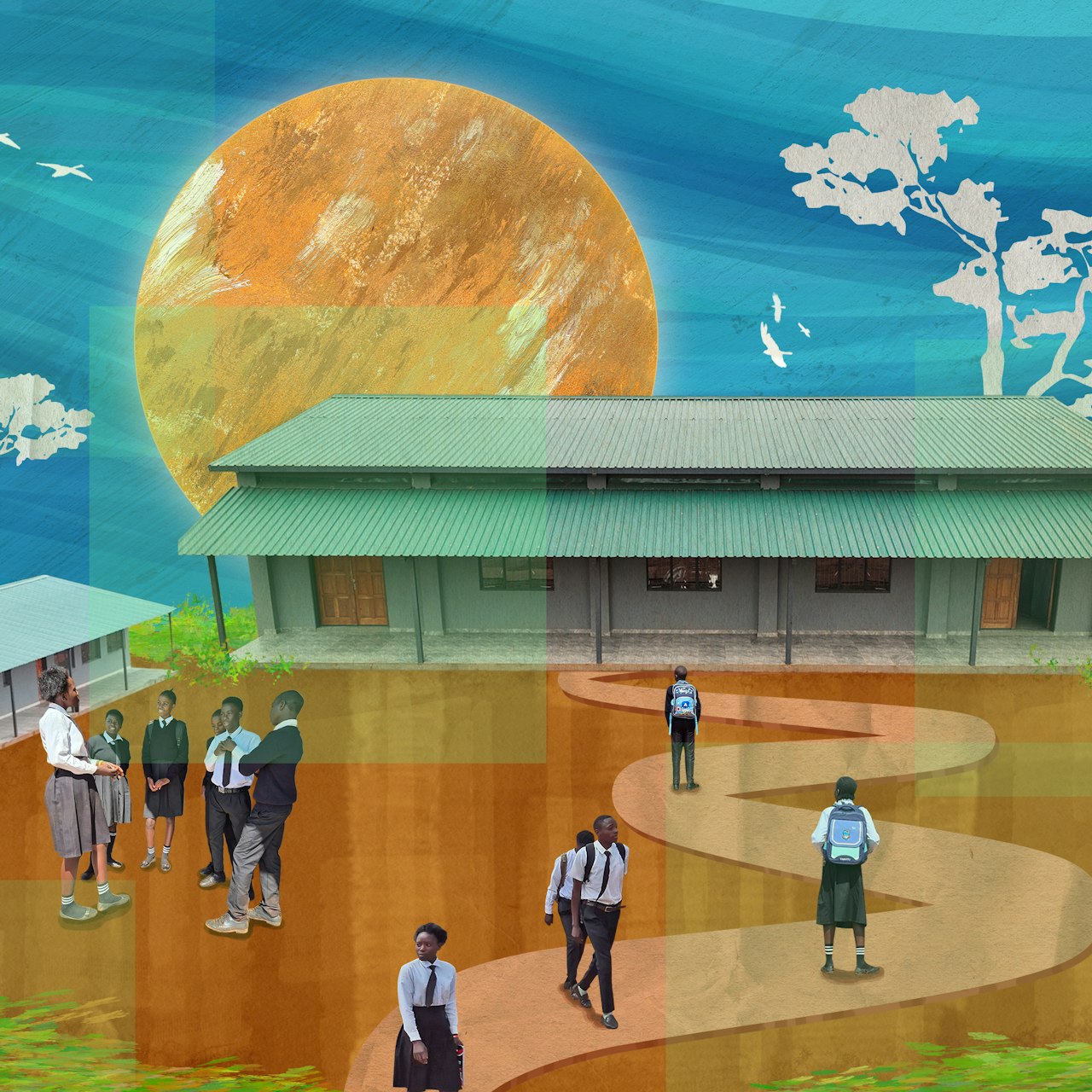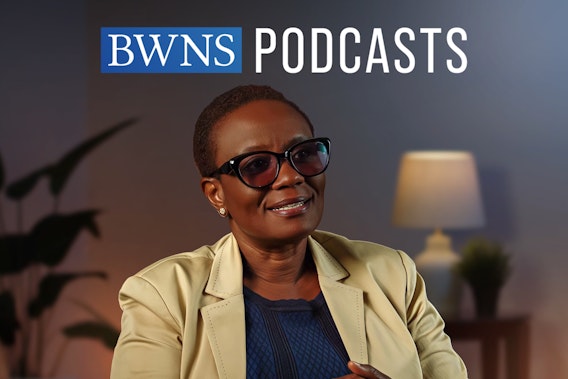The discussions in the community culminated with a women’s conference in December of 2022, which focused on exploring the part that women can play in social progress.
Driven by love for their children and a vision for their community’s development, many mothers in Katuyola became catalysts for establishing the school.
Marking a new chapter
More than 500 residents, traditional leaders, including two senior chiefs and government representatives attended the opening at the start of the Bahá’í new year.
Teckson Kaumba, a member of Katuyola’s Bahá’í Local Spiritual Assembly, remarked: “A new life is emerging in our community.”



